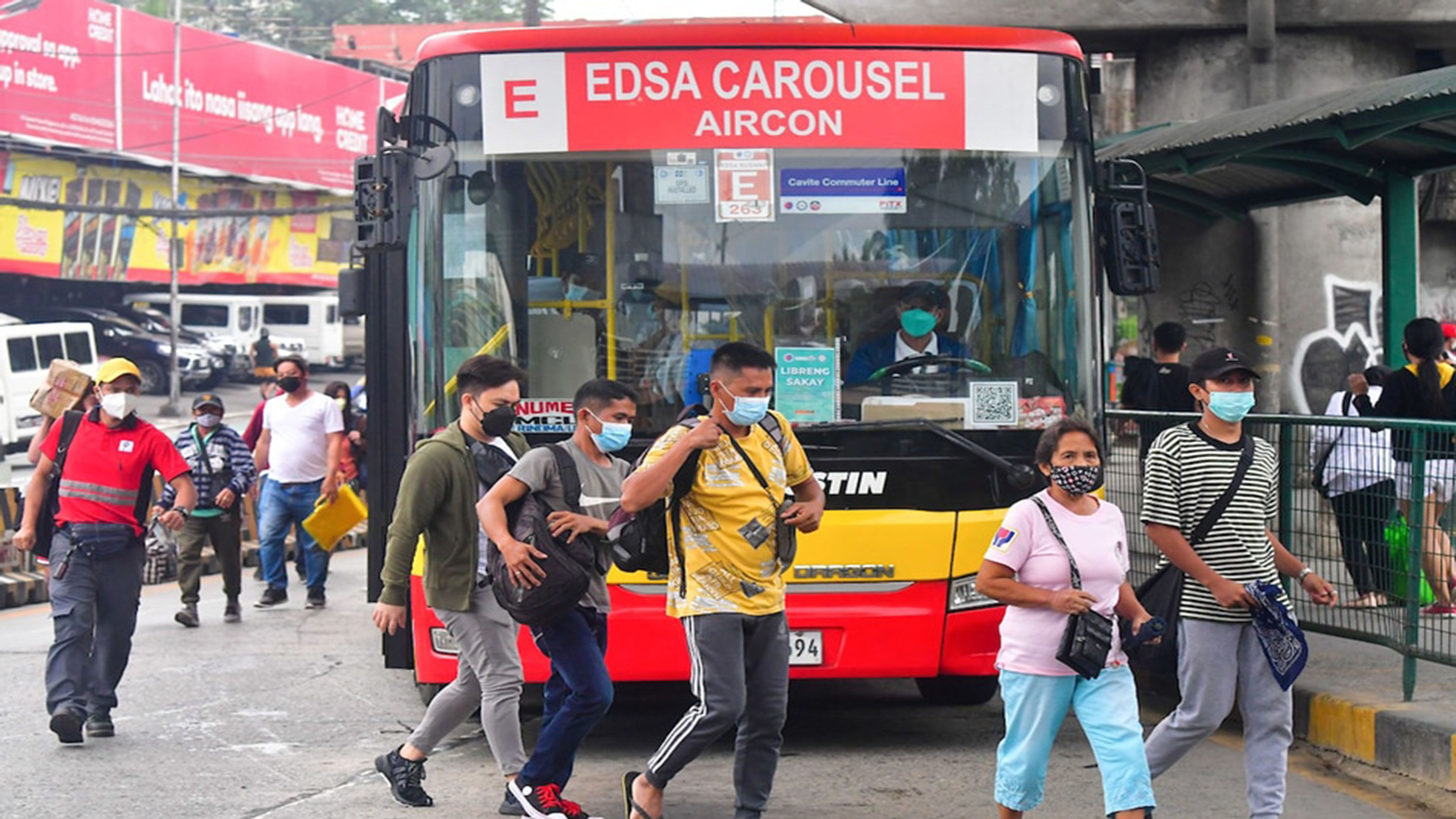Rep. Ralph Tulfo urged the government to use government's 2022 savings for the libreng sakay program to ease the load of commuters considering inflation and fare hikes.
Rep. Ralph Tulfo (2nd District, QC) said the government must collect all savings of government agencies to pitch in for Libreng Sakay Program.
With the LTFRB's fare hike decision, a big value was extracted from the minimum wage amid the continuous impact of inflation on the budget of Filipino families.
Tulfo lamented:
"Kulang talaga ang Libreng Sakay sa light rail na limitado lang sa mga estudyante at ang mangilan-ngilang libreng pamasahe sa ilang unit ng bus carousels sa Epifanio de los Santos Avenue (EDSA)."
Tulfo also noted that there is a shortage of free rides with rails now limited to students and the free fares on some units of EDSA bus carousels.
He also emphasized that workers in Quezon City 2nd District are tired of using bicycles or walking just to get to their places of work.
He appealed to the different national government agencies to sacrifice a bit by giving up their 2022 savings and return them to the National Treasury and from there, the DoTr will ask for more funds for Libreng Sakay.
Meanwhile, Tulfo is also concerned about the dependents of the Overseas Filipino Workers (OFWs) who expect remittances from their family based in North America and Europe. With this, kababayans in the said countries are suffering from higher inflation and interest rates than the Philippines.
"They will try their best to send remittances despite their financial worries but we can’t avoid not feeling their suffering. Inflation in the USA is at 8.3 percent while in parts of Europe inflation is at over 9 percent." The congressman said.
Tulfo said the economic challenges there might temper some of the remittances they send to their dependents.
He noted that "remittances from other parts of the world like the Middle East, East Asia, and South East Asia could make up for the difficulties in North America and Europe."
Tags: #transporation, #libreng sakay, #inflation
